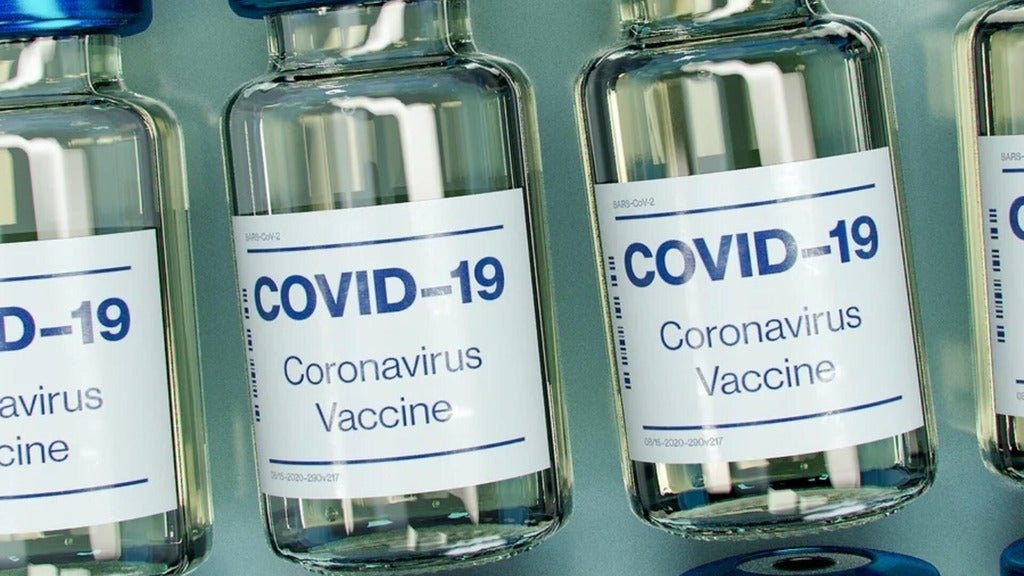Thursday, January 7, 2021
Q and A with the experts: Pfizer and Moderna vaccine FAQs
The Pfizer and Moderna vaccines are being administered across Canada to priority groups.
We spoke to pharmacist and drug expert Professor Kelly Grindrod to answer some commonly asked questions about getting vaccinated against COVID-19.

